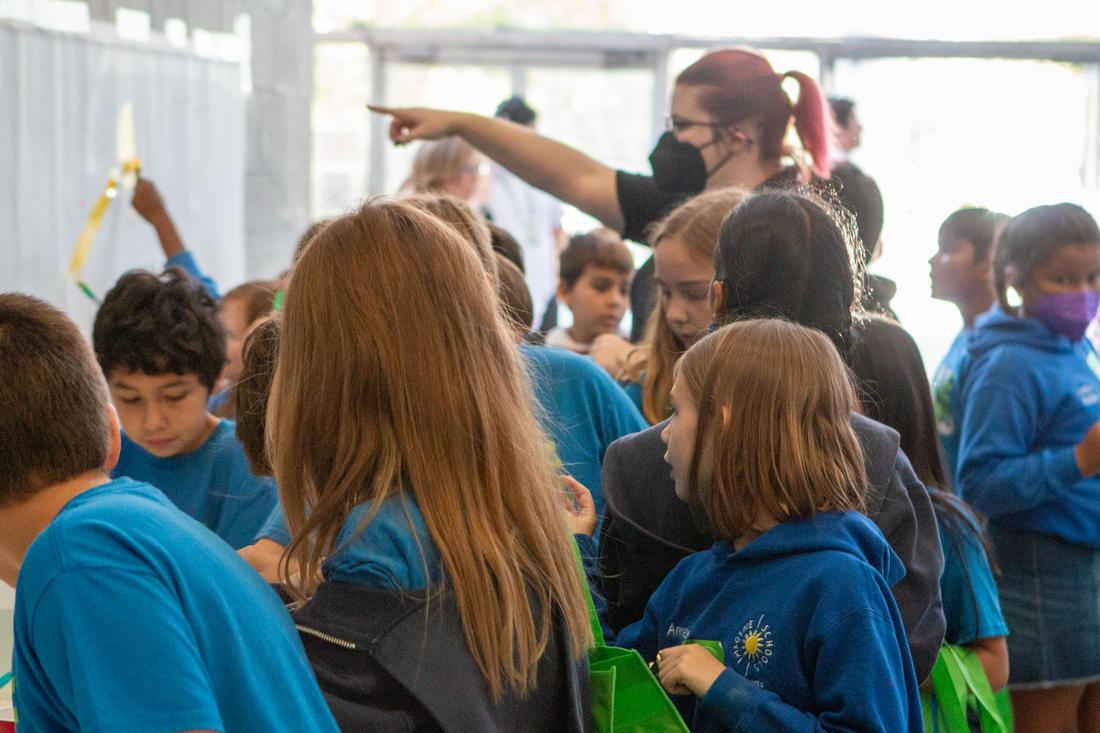Presentation topics include:
- Where Tampa’s water comes from
- How we make your water safe to drink
- Tips to save water both inside and outside your home

The Tampa Water Department supports water conservation education by providing educational resources and linking our community to trusted community partners.

To schedule a presentation, e-mail us at SaveWater@tampa.gov.
The Tampa Water Department recognizes outstanding STEM Fair projects at the Elementary, Middle, and High School levels with the Drinking Water Award. First-place winners will be selected from each of the categories. The winning project must promote water conservation and/or design a real-world solution involving water resources.
A great opportunity to conserve water is through a long-range education and awareness program, and what better way to begin than with the younger generation!
Lessons and other classroom activities are available below:
The Southwest Florida Water Management District (District) manages the water resources for west-central Florida as directed by state law. Free educational resources are provided for consumer use.
The Environmental Protection Agency provides drinking water activities for students and teachers.
The “Water You Waiting For?” videos showcase the water profession for high school and vocational technical school students.
AWWA and its members recognize the importance of investing in students as the future of the water industry. AWWA supports students through discounted memberships and more than 26 scholarships and $200,000.
The Bay Mini-Grant funding program empowers citizen scientists, promotes environmental ethics, and stimulates community stewardship of Tampa Bay.
The Splash! school grant program provides up to $3,000* per school to enhance student knowledge of freshwater resources issues. Public and charter school teachers of grades K-12 are eligible to apply. *Grants are awarded based on available funding.
HEF has dedicated dollars to help fund innovative school and classroom projects. These projects help excite young minds beyond what some school budgets may allow.